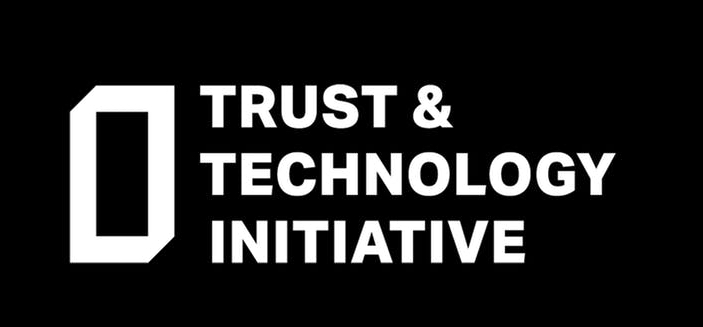Dr Robert Harle, Department of Computer Science and Technology
Health Going Mobile?
One of very few positives coming from the pandemic is that it is a catalyst for novel health technologies. Of particular interest is the use of our personal devices (phones, watches, activity trackers) to realise detailed, real time virus-related sensing. Already we’ve seen large scale location-tracking analysis to gauge how well lockdown rules are being observed; wearables to detect early-stage COVID-19 fevers; and phones providing digital contact tracing.
In fact mobile devices have long promised to revolutionise public health, but only now do we see an appetite among governments and citizens alike for deployment. The current alignment of incentives has forced practical solutions to problems that have traditionally been stumbling blocks to the wide scale deployment of these technologies. Digital contact tracing apps, for example, have emerged in multiple countries in the space of weeks, each iterating on the next in record time. Now we have implementations of privacy-preserving contact tracing that have evolved more in the last few weeks than since the concept arose nearly a decade ago. Only now are we in a position to evaluate their potential.
And when the pandemic passes and the dust settles, what will this mean for mobile health? I suspect we will see wearables pivot even more strongly towards health. I hope that we as individuals will retain our renewed sense of community, altruistically (and anonymously!) donating our data to the many research studies that will inevitably spring up. But really only one thing is for certain: the pandemic will have completely remodelled the mobile health landscape.


